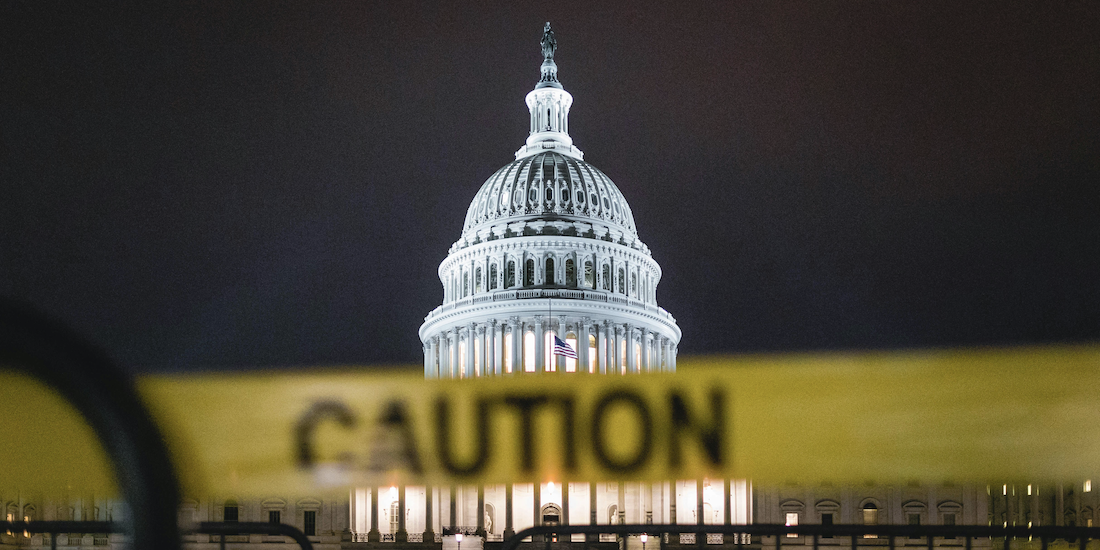Government Shutdown 2025: What It Means, Who It Affects, and Why It Matters
Talks in Washington are once again stalled, raising the possibility of a government shutdown in 2025. If lawmakers fail to reach a deal, parts of the federal government could close, sending ripple effects through the economy, federal workers, and everyday services.
But what exactly happens when the government shuts down, and how worried should you be?
What Is a Government Shutdown?
A government shutdown occurs when Congress doesn’t pass a budget or temporary funding measure. Without money authorized, many agencies can’t legally operate.
- Nonessential employees are placed on unpaid leave (furloughs).
- Essential workers (like TSA agents or border patrol officers) must still show up but don’t get paid until the shutdown ends.
- Services such as passport processing, small business loans, and customer support hotlines may slow down or pause.
- Popular destinations like national parks and museums often close their doors.
Why 2025 Is Different
This potential shutdown doesn’t exist in a vacuum. It comes at a time when:
- Inflation is still a concern. Everyday prices have cooled but remain higher than pre-pandemic levels.
- Job growth has slowed. Revised data shows hiring was weaker in recent months than originally reported.
- Markets are cautious. The S&P 500 and Nasdaq are up for the year, but investors are on edge about fiscal policy and Fed decisions.
That combination means even a temporary government closure could amplify uncertainty.
Economic Impact: How Bad Could It Get?
Historically, shutdowns have had a limited long-term effect on the U.S. economy. The longest in history (35 days in 2018–2019) shaved about 0.4% off GDP, which was mostly regained after the government reopened.
Analysts often estimate that each week of furloughs reduces growth by roughly 0.1%–0.2%. That sounds small, but the effects can pile up if the standoff drags on.
The bigger risks come from confidence shocks:
- Federal workers missing paychecks could cut back on spending.
- Businesses depending on government contracts may face cash flow crunches.
- Consumers may hold off on travel or large purchases if the news cycle turns gloomy.
How Markets Usually React
If history is a guide:
- Stocks often wobble in the short term but recover quickly. In fact, the S&P 500 has posted gains in the year following most shutdowns.
- Treasury bonds sometimes see a bump in demand as investors look for safe havens.
- The U.S. dollar tends to dip slightly but rarely crashes because of shutdowns alone.
In short, markets care more about the political dysfunction behind the shutdown than the shutdown itself.
Will a Shutdown Affect You Directly?
For many Americans, the effects show up in inconveniences rather than crises:
- Longer waits for passports, Social Security responses, or IRS assistance.
- Travel disruptions if parks, monuments, or museums close.
- Uncertainty for federal workers, contractors, and their families.
If you don’t work for the government and don’t need immediate federal services, the direct impact may be limited but the psychological effect of another Washington showdown can weigh on consumers and businesses alike.
The Bottom Line
A government shutdown in 2025 would be disruptive, messy, and politically charged. But history suggests the economy and markets can absorb the blow. The real cost may be in confidence: another reminder to global investors and everyday Americans that political gridlock is here to stay.





